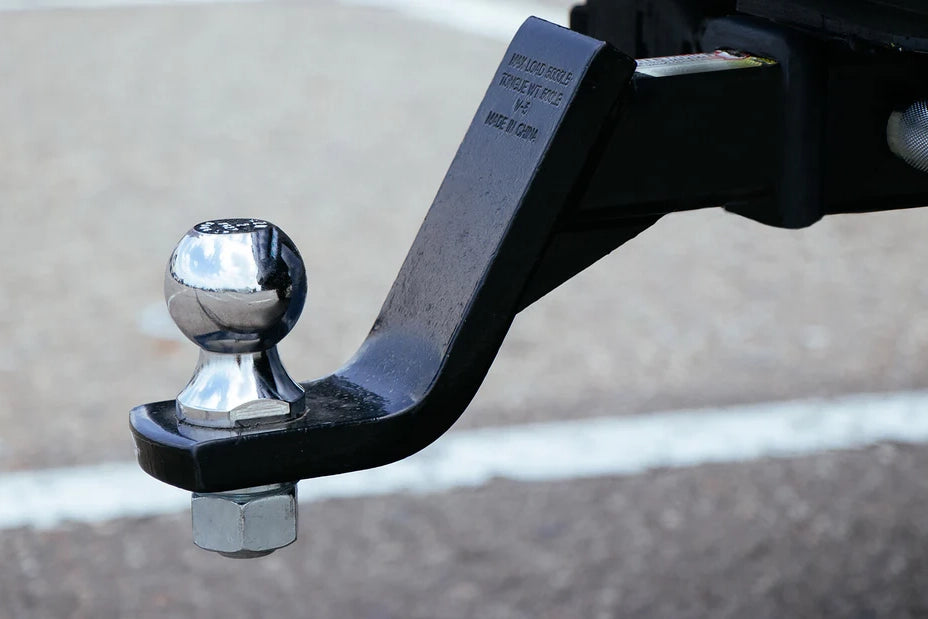How to choose your trailer hitch: The differences between Classes I, II and III
When it comes to towing a trailer, choosing the right hitch is crucial. A well-suited hitch not only ensures safety but also enhances the efficiency of your trips. In this article, we’ll explore the different hitch classes— I, II, and III— to help you make the best choice.
1. Understanding Trailer Hitch Classes
Trailer hitches are classified based on their load capacity, which varies from one class to another. Here's a quick overview:
- Class I: Maximum load capacity of 1,000 lbs (454 kg) and a maximum trailer weight of 2,000 lbs (907 kg).
- Class II: Maximum load capacity of 3,500 lbs (1,588 kg) and a maximum trailer weight of 3,500 lbs (1,588 kg).
- Class III: Maximum load capacity of 6,000 lbs (2,722 kg) and a maximum trailer weight of 8,000 lbs (3,628 kg).
2. Criteria for Choosing a Trailer Hitch
a. Type of Trailer
First and foremost, identify the type of trailer you intend to tow. Lighter trailers, such as small garden trailers or bike racks, can be handled with a Class I hitch. On the other hand, if you plan to tow a camping trailer or a small boat, a Class II or III hitch will be more suitable.
b. Your Vehicle's Towing Capacity
Check your vehicle’s specifications. Every vehicle has a maximum towing capacity that should not be exceeded. Consult the owner’s manual to find this capacity, and choose a hitch that stays within these limits.
c. Frequency of Use
If you plan to use your trailer regularly, it may be wise to invest in a higher-class hitch. This gives you more flexibility to tow various types of trailers, even if you don’t use them often.
3. Other Factors to Consider
a. Installation
Some hitches are easier to install than others. However, most newer vehicles (BMW, Mercedes, Audi) require specialized expertise for hitch installation. The team at Mchip Performance has the skills to handle these installations.
b. Accessories
Consider any accessories you might need, such as anti-sway bars or stabilizing devices. These are particularly important to ensure safe driving.
c. Safety Standards
Ensure the hitch you choose meets current safety standards. This includes strength tests and certifications. A well-designed hitch guarantees your safety on the road.
4. Conclusion
Choosing the right trailer hitch may seem complex, but by considering these criteria, you’ll be better prepared to make an informed decision. Remember to assess your trailer, your vehicle’s capacity, and your specific needs. Once you have all these factors in mind, you’ll be on your way to selecting the ideal trailer hitch for your upcoming adventures!
In the end, a good trailer hitch choice not only enhances your safety but also improves your overall driving experience. Safe travels and happy towing!

